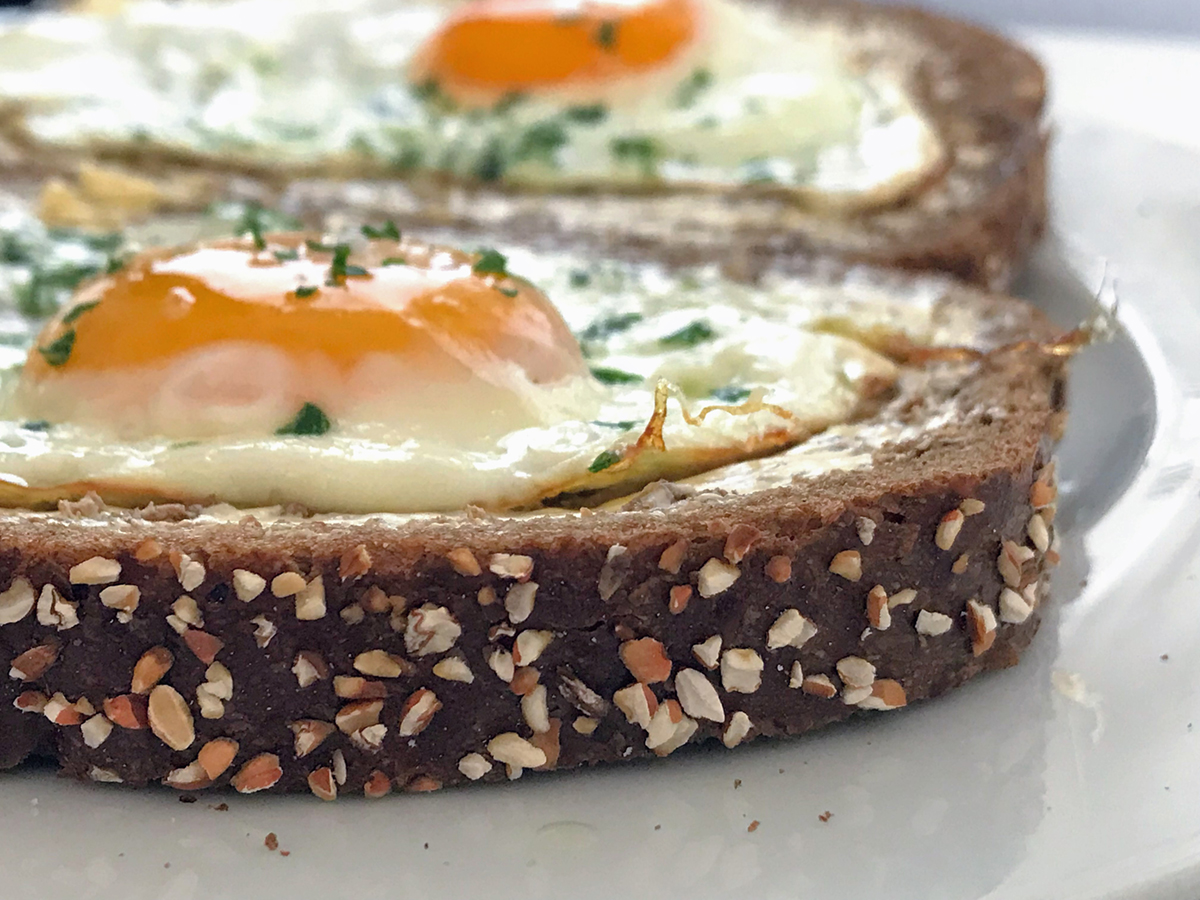
Diabetes
Diabetes is a chronic disease that occurs due to high level of blood sugar. Diabetes can be controlled with appropriate diet, exercise, and medication.
Diabetes NutritionNutrition includes eating, absorbing and using nutritive ingredients by the body. In diabetes, special nutrition aims at maintaining desirable level of blood sugar or blood glucose.
There is no specific diet for every patient suffering from diabetes. Physician or nutritionist will recommend proper diet depending on the needs and life style of the patient.
Diet plan has to enable patients to control their body weight (either to lose or gain weight), keep blood sugar level within acceptable limits, to inhibit blood vessel deterioration and kidney, nerve, eye and heart problems that may occur due to untreated high blood sugar.
American Diabetes Association recommends maintaining A1c (glycated hemoglobin) bellow 7 percent.
Course of Action
Patients should keep in mind that it is vital to eat everyday at the same time. This way, blood sugar level remains constant and insulin can work better this way.
Monitor blood sugar level in reaction to specific foods and drinks. This will help you in future food selection that is beneficial to your condition. Dieticians often recommend Exchange diets that allow you changing meal plans.
Nutrients
Food consists of fats, carbohydrates, proteins, vitamins, and minerals.
Carbohydrates have a role of energy suppliers. Sources of healthy carbohydrates include fruits, vegetables, cereals, whole grain breads, crackers, peas, lentils and dried beans.
Proteins are also necessary for keeping energy and are vital for growth. Low fat meats like fish and chicken (without the skin) and low fat milk products are excellent source of proteins.
Fats are vital to our bodies but in limited quantity. Natural and saturated fats are preferable. Fats can be found in many foods such as red meat, milk products, egg yolks, butter, vegetable oils, etc.
Fibers are necessity in diabetics diet. Fibers are very healthy and should be taken in high amounts that can be found in cereals, cooked beans, peas, whole grain bread, vegetables and fruits.
Salt intake must be limited. Salt increases blood sugar level. Salt is part of the most foods and should not be additionally added.
White sugar should be avoided as well though some sugar can be included in diet plan.
Alcohol is allowed to be consumed in the limits of 2 drinks per day for men and 1 drink per day for women. Alcohol mustn’t be taken on an empty stomach since it can lower your blood sugar.




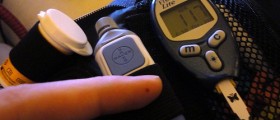




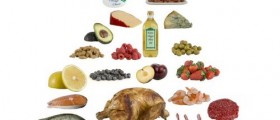
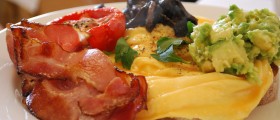




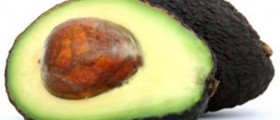

Your thoughts on this
Loading...